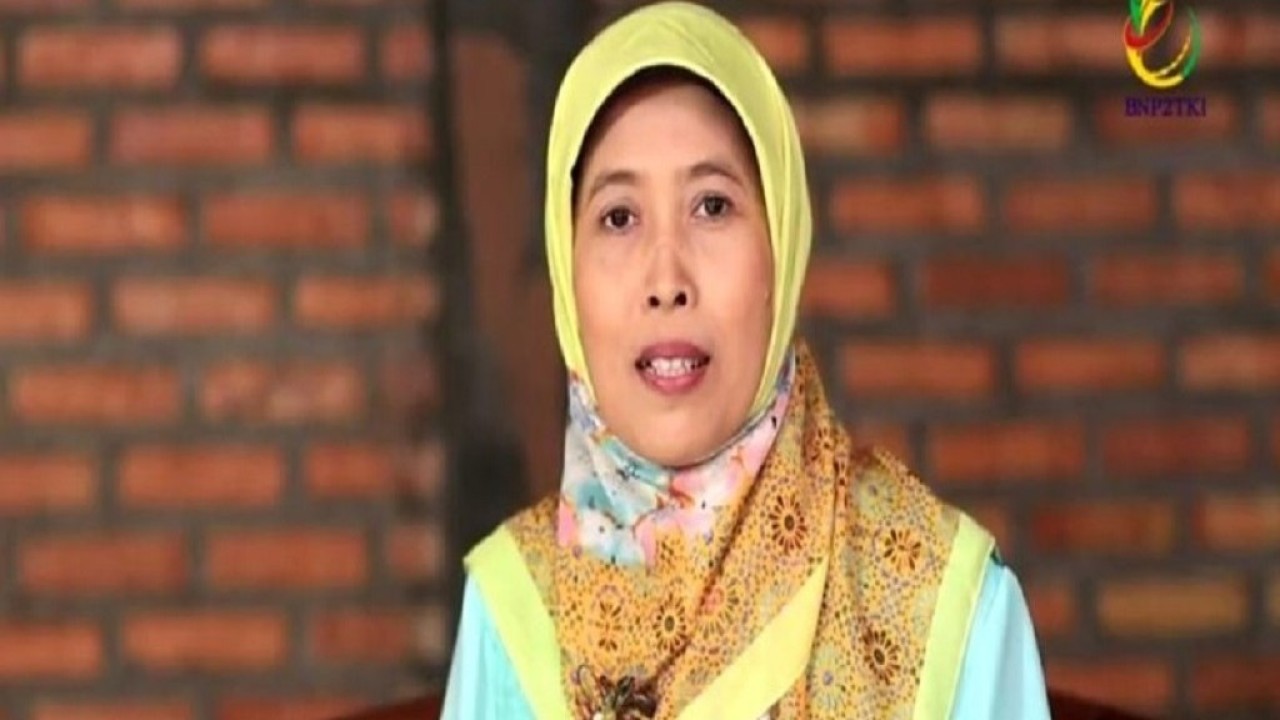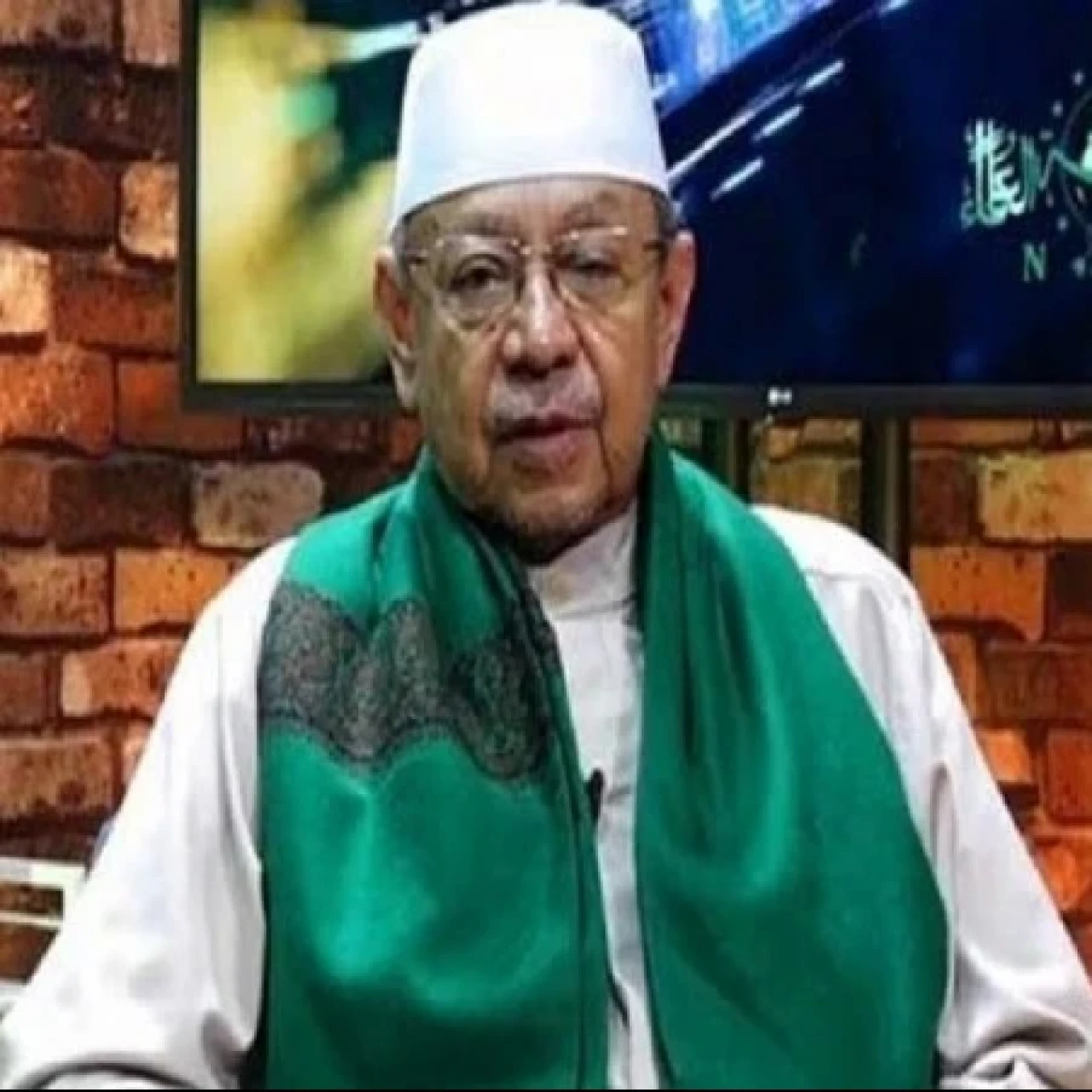Jakarta, NU Online
Deputy Chairwoman of the Nahdlatul Ulama Family Welfare Institute (LKK), Nyai Hj Badriyah Fayumi said, women were not just a different gender from men. More than that, women have four mandates in preaching (da'wah) so they must receive the same attention as men.
"First, in da'wah women have a position as the subject of da'wah (adda'iyah). Unfortunately, in this case quantitatively the da'iyah (female preachers) are still less than the da'i (male preachers)," said Nyai Badriyah when speaking at the Annual Meeting of Islamic Da'wah (AMID) held online by cariustadz.id recently.
Second, women become the objects of da'wah (al-mad'u). "This is very closely related to our lives. Many female audiences become religious gathering participants in ta'lim assemblies, Islamic boarding schools, schools, and various other places where da'wah assemblies take place," said Nyai Badriyah when presenting a material entitled Islamic Da'wah and Community Change in the Digital Era.
As the objects of da'wah, added the graduate from Al-Azhar University in Cairo, Egypt, women needed to be strengthened through digital literacy to understand the so-called da'wah rahmatan lil 'alamin. Of course, female clerics (ulema) have a very close relationship with the existence of women-friendly da'wah.
“This is where female clerics become a significant entity. Because female ulema are the main actors of the subject, object, theme, and the perspective in da'wah, which I will explain later," explained the Deputy Secretary General of the Indonesian Ulema Council (MUI).
Third, continued Nyai Badriyah, women as perspectives. Because there are so many problems in women's lives if the da'i daiyah want to explore it. Fourth, women as the theme of da'wah.
The classification of da'wah themes
Nyai Badriyah Fayumi classified the theme of da'wah into three parts. First, a special theme for women.
"This theme cannot be drawn by a man unless he becomes a part of humanity who has knowledge and together realizes the benefit and justice of women," she said.
Examples in this theme, said Nyai Badriyah, were women's reproductive health, such as menstruation, postpartum, istihadhah. The point is part of the biological character of women.
"Second, the theme is the relationship between men and women, such as the relationship between husband and wife, parenting as parents who both take care of children, social life relations in the public world, and so on," explained the leader of the Mahasina Darul Qur'an wal Hadits Islamic boarding school, Pondokgede, Bekasi City.
According to the woman born in Pati, the last theme is general. This theme is actually universal related to the benefit of human life in general. However, women are often overlooked as are issues of education, economy, politics, health, environment, and technology.
"It's true, sometimes problems for the benefit of women are unthinkable. For example, in the relationship between husband and wife. What happened on the surface was a relationship that really discriminated against women, so it has the potential to lead to domestic violence,” she explained.
"Similarly in the general theme, if women are not present as a perspective, we will fail to see a policy, we will fail to formulate fatwas (verdicts), religious interpretations or Islamic jurisprudence that provide justice for men and women," continued Nyai Badriyah.
Therefore, women as a theme, whether specific, relational, or general in nature, should take a role and place in the world of da'wah.
Important agenda
Nyai Badriyah said, there were four important agendas that must be guarded by female ulema as an effort to perfect the so-called women da'wah rahmah and friendliness in the last three decades (1990-2020).
First, strengthening the capacity of women ulama systematically. "Second, the involvement of female ulema in every activity and platform and digital da'wah," she explained.
Third, the procurement and strengthening of da'wah sites that place women in four positions (which have been explained earlier). Then spreading widely within the framework of the realization of Islam rahmatan lil 'alamin which integrates the vision of Islam, humanity, nationality, and universality.
“Fourth, strengthening the da'wah network by involving female ulema as actors involved in every work process. This involvement is not only at the end of the deliberation. However, in the planning process, program design, themes, and approaches," she added.
Therefore, Nyai Badriyah advised the audience that female ulema should not only work on social media. However, they could move in real space and provide education, da'wah, mentoring, as well as empowering women in community spaces that are in direct contact with the grassroots.
The event is one of cariustadz.id's priority programs in the form of training for da'i da'iyah (male and female preachers) by presenting moderate scholars and expert speakers in their fields.
Contributor: A Rachmi Fauziah
Editor: Sudarto Murtaufiq
Terpopuler
1
Khutbah Jumat: Refleksi Kemerdekaan, Perbaikan Spiritual dan Sosial Menuju Indonesia Emas 2045
2
Prabowo Klaim Selamatkan Rp300 Triliun APBN, Peringatkan Risiko Indonesia Jadi Negara Gagal
3
Taj Yasin Pimpin Upacara di Pati Gantikan Bupati Sudewo yang Sakit, Singgung Hak Angket DPRD
4
Khutbah Jumat Bahasa Sunda: Ngeusian Kamerdekaan ku Syukur jeung Nulad Sumanget Pahlawan
5
Gus Yahya Cerita Pengkritik Tajam, tapi Dukung Gus Dur Jadi Ketum PBNU Lagi
6
Ketua PBNU: Bayar Pajak Bernilai Ibadah, Tapi Korupsi Bikin Rakyat Sakit Hati
Terkini
Lihat Semua




















